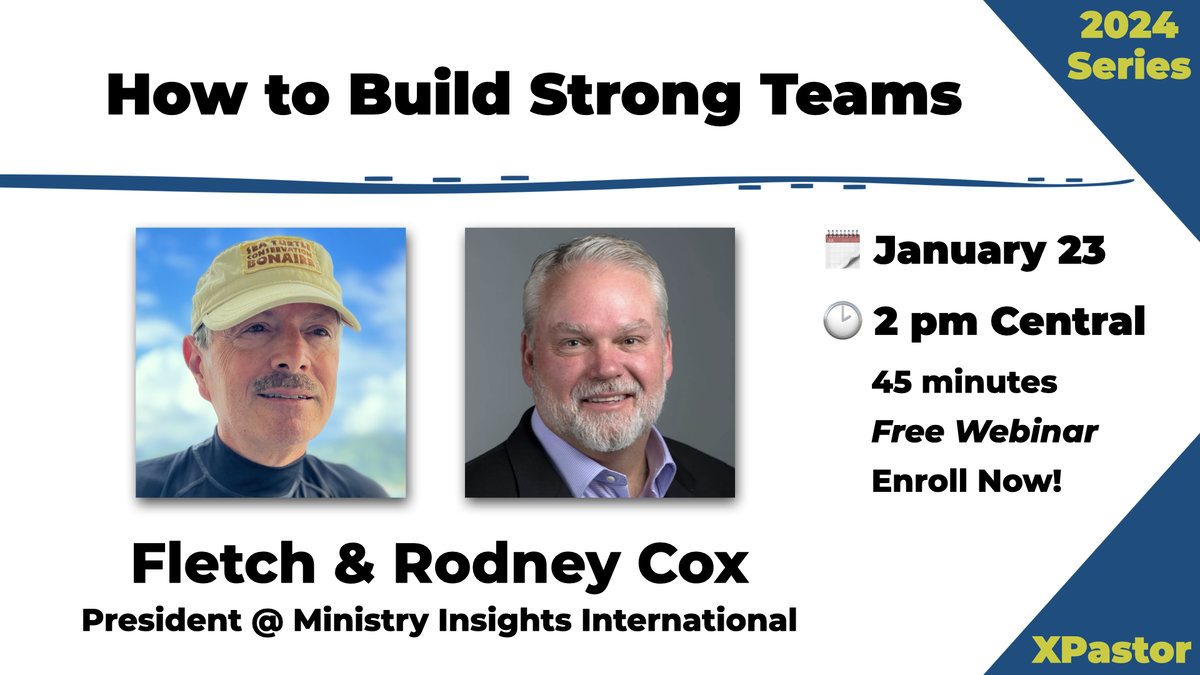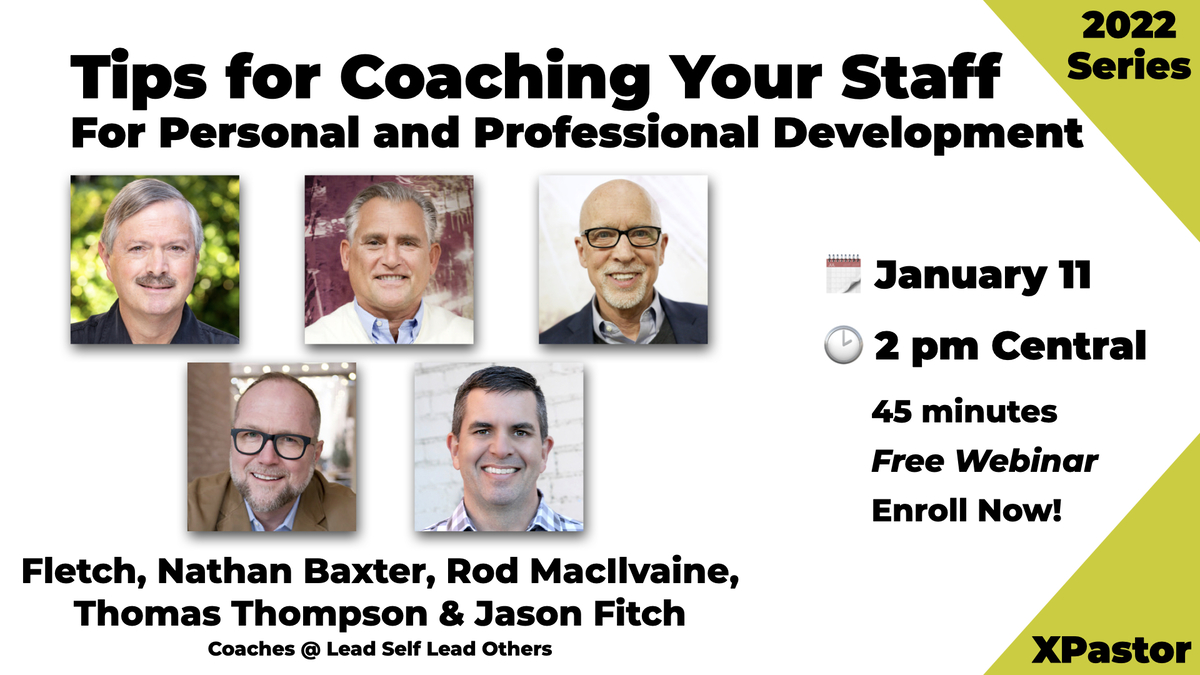Danny Meyer is known as one of the world’s top restaurateurs. He leads the Union Square Hospitality Group and is founder of Shake Shack. He was one of the keynote speakers at a Willow Creek Association Global Leadership Summit. As I was listening to him I thought, Who wouldn’t want to work for this guy? His understanding of hospitality explains why he is so successful. He sees his success as a road that is paved with well-handled mistakes. He turns mistakes into opportunities to prove his value of hospitality.
As far as hiring people in his restaurants he says: Technical proficiency means you can do your job. But perfection in your job only counts for 49%. The rest is hospitality. Not service. Hospitality is about how we made you feel when we delivered service. If I know how to deliver great service, and to make you feel better, you are going to probably come back to my place. We hire based on these 6 emotional skills.
- Kind-hearted and optimistic
- Curiosity
- Work Ethic
- Empathy
- Self-Awareness
- Integrity
The hospitality culture that Mr. Meyer creates made me wonder, where else is hospitality modeled at the very highest possible level? So let’s start with Southwest Airlines.
Southwest Airlines Hospitality
Chris Robbins of Southwest Airlines says: Hospitality is the friendly and generous reception and entertainment of guests, visitors, or strangers. It’s the act of establishing a friendly relationship between the host and the guests. The employees are continuously demonstrating a warrior spirit, a servant’s heart, and a fun luv-ing attitude.
Southwest says hospitality is different than service. It’s more about creating a feeling in the guest. It’s about creating a relationship between the server and the served. You cannot have bad hospitality. You either feel it or you don’t. You have to provide the same hospitality to the next person you meet. Even if things aren’t going well for you or for them, you must persist.
I had an experience with Southwest when, on an early morning short flight, as the flight attendant walked passed me, she said: Is there anything else I can do to serve you? I said: Well, don’t you think it’s a little warm in here? She said: Sir, the captain has control of the temperature in the cabin, would you like to talk to him? I thought she was kidding. I said: Seriously? She said: Follow me. So she escorted me to the kitchen area at the back of the plane, called the captain and put the phone to my ear. The captain said: Sir, how can I serve you? I said: Can you make it cooler in the cabin. He said: I would be happy to make it comfortable for you. Only at Southwest!
Buckingham Palace Institute of Hospitality
Deputy Master of the Royal Household Edward Griffiths says: We entertain 70,000 people a year and every one of our guests want to walk away with a remarkable memory. Hospitality is all about the way people feel about what they have just experienced. We have to concentrate on those last two percentage points that matter. Even in the most formal setting we must make people feel at home. Formality must never intimidate. While it displays formality it needs to make the customer or guest feel like it is an informal event. The quality of the service must equal the quality of the food. and the quality of the service.
The people who work at Buckingham Palace must have that spark of enthusiasm. If people are happy in their work that attitude can be felt by the customer. More than likely, if you were to experience an event at Buckingham Palace, you would be far more impressed with how they made you feel rather than anything else.
Chic-fil-A Hospitality
Chic-fil-A bases their hospitality on the Scripture from Matthew 5:41, If anyone forces you to go one mile, go with them two miles. Go beyond what is expected. Under promise and over deliver. Imagine these simple, everyday phrases that we take for granted but Chic-fil-A uses them as their core values. How can obvious, simple, everyday phrases have so much impact?
- Create eye contact
- Share a smile
- Speak enthusiastically
- Stay connected
They also have what is called the second mile service. Not many restaurants, especially fast food restaurants, ever think about these three things.
- Delivering meals for high-need guests
- Performing table touch-ins
- Carrying large orders
When you visit Chic-fil-A the next time, you will notice these three genuine characteristics. Actively listening, leaning in, and being proactive. This is demonstrated by opening the door or offering an umbrella on a rainy day. Practical, simple things that become their secret sauce. There’s nothing secret about this sauce, only that they make sure that every customer that enters their door is greeted with these simple things.
Why does Chic-fil-A bother to do these things? Because they care separately for each guest. Each guest feels cared for. If you ever wonder how the server knows your name, it’s because the cashier takes your name when they take your order. Then they share your name with table server. They also ask, how may I serve you, rather than how can I help you? Notice the difference in the question. The serving question is clear and to the point, the other is vague and is actually a lazy way to talk to a person who is about to spend money at your restaurant.
So what does Southwest Airlines, Chic-fil-A and Buckingham Palace all have in common in their approach to hospitality? They all begin with producing the feeling they want the moment their customers arrive, then supported by the highest quality of service.
10 Things to Teach Your Team
To become great at hospitality, a team needs to:
- Answer these questions: What is hospitality? Why is it so important? Why do people deserve it?
- Produce a customized, how-to guide written by the leadership of your organization.
- Your entire team must learn the same things in the same way. This ensures consistency.
- Learn and execute the soft side of hospitality: Dress, smiles, countenance, body language, emotional EQ.
- Define expectations and deliverables of hospitality.
- Learn from real life stories of hospitality.
- Rehearse welcoming and serving guests with role plays.
- Discuss how hospitality demonstrates an attitude of gratitude.
- Reward and applaud specific team members for high performance of hospitality.
- Only add new team members who have a genuine enthusiastic attitude.
The Bible and Hospitality
John Piper has great insights as he talks about The God-Appointed Duty of Hospitality:
As far back as you want to go in the history of God’s people, one of the God-appointed duties of the righteous was hospitality—by which I simply mean the willingness to welcome people into your home who don’t ordinarily belong there.” Simply put, Lovers of Strangers.
1 Peter 4:8-9, Above all hold unfailing your love for one another, since love covers a multitude of sins. Practice hospitality ungrudgingly to one another (RSV).
Let your hospitality be an extension or an overflow of God’s hospitality to you. Be a good steward of God’s grace.
Ungrudgingly! That means, be the kind of people who do it and like to do it! In other words, the command to be hospitable is not just a command to do something. It is not just a command that can be legalistically fulfilled with a quota of guests. It is a command to be a certain kind of person, namely, the kind that doesn’t resent having to be hospitable.
Conclusion
So what do Shake Shack, Southwest Airlines, Chic-fil-A, Buckingham Palace and the Bible say about hospitality?
There’s always a welcome sign above the entrance. The way guests are treated will be the thing they remember most about the experience. The quality of service is appreciated because of that feeling.
.











